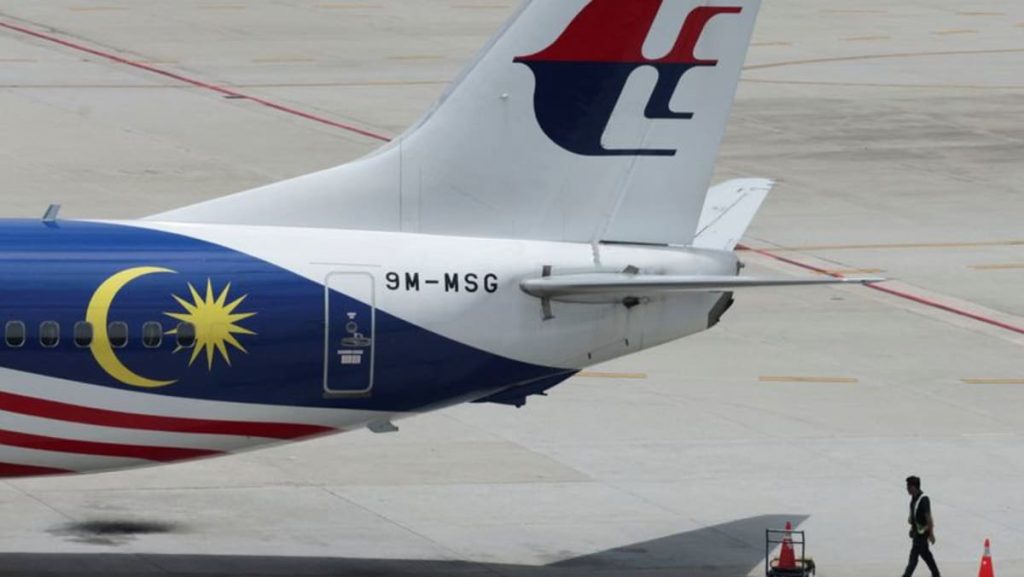The decision by Malaysia Airlines Group (MAG) to cut capacity was made in response to challenges such as supply chain disruptions, global shortages of spare parts, and delays in new aircraft deliveries. Global shortages of resources have led to delays in the production of spare parts, resulting in longer turnaround times for engine overhauls and repairs, affecting MAG’s fleet. The entry of new aviation Maintenance, Repair, and Overhaul (MRO) players into the Malaysian market has also led to the attrition of skilled workforce. 63 skilled workers at the Malaysia Airlines’ engineering department had left the company since January of this year, according to Loke, the transport minister. Aviation analysts acknowledged the issues faced by the firm, noting that some of these problems could have been mitigated earlier.
Aviation expert Mr. Sobie pointed out that all airlines are facing similar challenges with manpower, supply chain disruptions, aircraft part shortages, and new aircraft delivery delays. However, how airlines have responded and managed these challenges differ, with MAG being impacted more than most, leading to drastic measures. Malaysia Airlines’ on-time performance for international flights from Kuala Lumpur International Airport (KLIA) has declined in the last three months, with Mr. Sobie noting that the lack of spares and aircraft on the ground is a common issue in Malaysia. Capacity discipline was seen as the right approach both commercially and operationally.
Mr. Shukor highlighted that a combination of factors, including poor planning and disruptions due to the COVID-19 pandemic, led to the situation Malaysian Airlines finds itself in today. The pandemic caused production stoppages and logistical challenges, resulting in significant supply chain issues. Legacy issues that go back decades are also creeping up, with airlines like Cathay Pacific facing similar challenges. The Hong Kong carrier has cancelled flights and started inspecting all its Airbus A350 jets after an in-flight engine component failure. Mr. Anwar insinuated during his speech on September 3 that ongoing issues faced by the firm could be attributed to political decisions made to benefit certain cronies, which have negatively impacted the company.
In response to the challenges faced, MAG has taken proactive measures to address the issues impacting its operations by cutting capacity and improving collaboration with partners. The company is working to retain skilled workforce by enhancing remuneration packages and addressing the attrition of skilled workers in the Malaysian aviation industry. As airlines globally grapple with similar challenges such as shortages of spare parts, delays in new aircraft deliveries, and manpower issues, MAG and Malaysia Airlines are focusing on managing these issues to ensure sustainable operations and improve performance. The impact of political decisions and legacy issues on the airline’s current situation highlights the need for transparent and strategic decision-making to navigate through these challenges effectively.
The aviation industry, including airlines in Malaysia and globally, must adapt to changing market conditions, supply chain disruptions, and geopolitical factors to ensure resilient and sustainable operations in the face of challenges. By addressing both immediate operational issues and long-term strategic challenges, airlines like Malaysia Airlines can navigate through uncertainties and position themselves for recovery and growth in a post-pandemic world. With proactive measures, collaboration with industry partners, and strategic decision-making, airlines can overcome challenges and build a more resilient and competitive aviation sector for the future.


